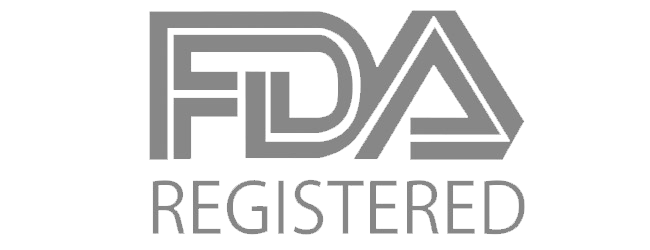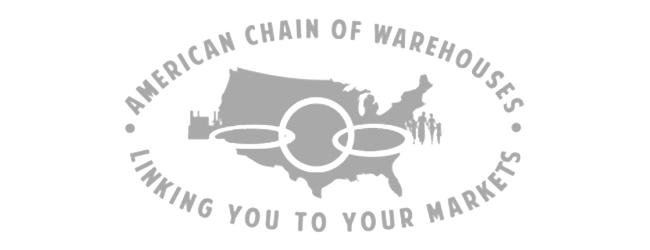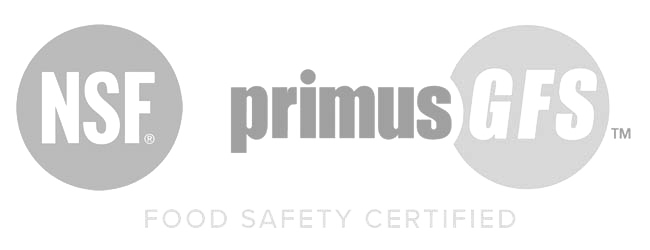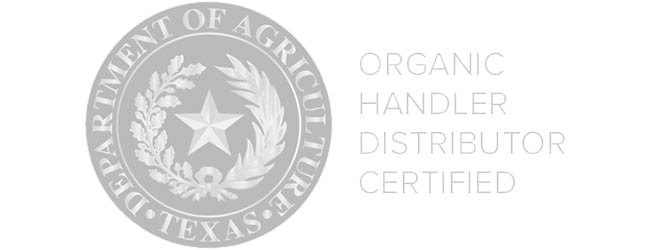
Bringing Great South American Products to North America




Your Gateway for Importing Your Food & Beverage Brands into the US
Expanding your food and beverage brands into the U.S. market is a journey filled with vast opportunities and unique challenges. At Unidad Logistics, we specialize in providing comprehensive import solutions and distribution partnerships tailored to help international brands thrive in the U.S. market. Our team of experts in logistics, importing, CPG distribution, and strategic partnerships ensures a seamless entry for your products, enabling you to focus on growing your business.

Full-Service Importing Solutions
Customs Compliance and Documentation
Navigating customs can be complex. Our team ensures that your products meet all U.S. regulations and have the necessary documentation, making your import experience smooth and hassle-free.
Labeling and Regulatory Compliance
U.S. requirements for labeling and packaging are stringent. We work closely with you to adapt packaging and labeling to meet FDA and USDA regulations.
Shipping and Freight Management
From coordinating ocean freight to managing air shipments for urgent needs, we oversee logistics from South America to the U.S., ensuring timely and safe arrival of your products.
Compliance with Import Tariffs and Trade Policies
Staying up to date with trade policies is crucial. We keep you informed of tariff changes and policy shifts to adapt your import strategies accordingly.

Expertise in Import Logistics
Warehousing and Inventory Management
Our network of strategically located warehouses across the U.S. allows for efficient inventory management, ensuring that your products are readily available when demand peaks.
Cold Chain and Specialty Storage Solutions
For perishable and delicate products, we offer temperature-controlled storage and shipping options, preserving your products’ quality and integrity.

U.S. Distribution Partnerships
Retail Partnerships
We have established relationships with major U.S. retailers and specialty food stores, providing your brand with market access and placing your products in front of the right consumers.
Food Service Channels
We also distribute through food service channels, including restaurants, hotels, and catering services, expanding your brand’s reach into high-consumption sectors.
eCommerce
Capitalizing on the booming online marketplace, we offer eCommerce fulfillment services that position your products on various platforms and direct-to-consumer sites. Tap into our fulfillment solutions for kitting, repacking, and multi-packing support to expand your product offerings.

Marketing and Brand Positioning
Market Research and Brand Strategy
Understanding the U.S. consumer is essential. We offer data-driven insights and brand strategy services to position your product effectively in the competitive market.
In-Store Promotions & Trade Marketing
With our full suite of solutions and services, our team can support your promotional opportunities and trade marketing programs to introduce your brand to U.S. consumers, driving awareness and boosting sales.
Shipping and Freight Management
From coordinating ocean freight to managing air shipments for urgent needs, we oversee logistics from South America to the U.S., ensuring timely and safe arrival of your products.
Compliance with Import Tariffs and Trade Policies
Staying up to date with trade policies is crucial. We keep you informed of tariff changes and policy shifts to adapt your import strategies accordingly.
Read More
Navigating US Market Entry for International Food Brands
Entering the American market presents unique challenges for South American food companies. Regulatory requirements differ significantly from home country standards. Consumer preferences vary by region. Distribution networks operate differently than familiar domestic channels.
Success requires more than quality products—it demands deep understanding of American business culture, regulatory compliance, and market dynamics. Many international brands underestimate the complexity involved in US market penetration.
Cultural nuances affect product positioning and marketing strategies significantly. Brazilian coffee culture emphasizes social connection and leisurely consumption. American coffee culture often prioritizes convenience and portability. These differences influence packaging, portion sizes, and promotional approaches.
Regulatory Compliance and Import Documentation
FDA registration requirements vary by product category and ingredients. Food facilities must register annually. Process filings need approval for certain products. Nutritional labeling must meet specific formatting standards that differ from international norms.
USDA oversight applies to meat, poultry, and egg products regardless of processing methods used in origin countries. Facility inspections, label approvals, and import permits create additional layers of regulatory complexity. These requirements often surprise international exporters.
Customs documentation accuracy prevents costly delays at ports of entry. Commercial invoices, packing lists, and certificates of origin must match exactly. Small discrepancies can trigger inspections that delay product availability by weeks.
Tariff classifications affect product costs significantly through duty calculations. Harmonized Tariff Schedule codes determine applicable rates. Classification errors result in penalties and delayed shipments. Professional customs brokers prevent these costly mistakes.
Distribution Channel Development
Retail partnerships require understanding of American purchasing practices and promotional calendars. Walmart operates differently from Whole Foods. Regional chains have distinct requirements from national retailers. Each channel demands specific approaches to product presentation and pricing.
Food service distribution opens different market opportunities with unique requirements. Restaurant chains need consistent quality and reliable delivery schedules. Institutional food service requires competitive pricing and flexible packaging options.
E-commerce platforms provide direct consumer access but require different operational capabilities. Amazon marketplace success depends on search optimization, customer reviews, and fulfillment speed. Direct-to-consumer websites need payment processing, shipping integration, and customer service capabilities.
Warehouse and Cold Chain Management
Temperature-controlled logistics protect product quality throughout distribution networks. Fresh and frozen products require unbroken cold chains from port arrival through final delivery. Temperature excursions can compromise entire shipments while creating liability issues.
Strategic warehouse positioning minimizes transportation costs while improving delivery times. West Coast facilities serve Asian markets efficiently. Gulf Coast locations handle South American imports cost-effectively. East Coast warehouses support European trade relationships.
Inventory management balances carrying costs against stockout risks. Imported products face longer replenishment cycles than domestic alternatives. Economic order quantities differ when factoring ocean freight costs and minimum container loads.
Quality control procedures verify product conditions after international shipment. Temperature logs, package integrity checks, and sample testing ensure products meet quality standards before entering distribution channels.
Marketing and Brand Positioning Strategies
Market research reveals consumer preferences, competitive landscapes, and pricing opportunities. American taste preferences might differ from home market expectations. Spice levels, sweetness preferences, and texture expectations vary significantly between cultures.
Brand storytelling helps American consumers understand product origins and heritage. Authentic narratives about family traditions, regional specialties, and cultural significance create emotional connections that differentiate products from generic alternatives.
Promotional strategies must align with American retail calendars and shopping patterns. Hispanic Heritage Month creates opportunities for Latin American products. Summer grilling season affects beverage and condiment sales patterns. Understanding these cycles improves marketing effectiveness.
Trade Marketing and Retail Support
Slotting fees and promotional allowances represent significant costs for new product introductions. Major retailers charge for shelf space, promotional support, and marketing programs. These fees must be factored into market entry financial planning.
Demo programs and sampling events introduce consumers to unfamiliar products effectively. In-store tastings, food service trials, and promotional events build awareness while gathering consumer feedback. These programs require coordination with retail partners and promotional calendars.
Category management relationships help position products optimally within retail environments. Understanding planogram development, shelf placement strategies, and promotional timing improves product visibility and sales performance.
Why Unidad?
Our tailored strategies and track record of successful partnerships make us the trusted partner for South American food and beverage brands entering the U.S. We understand that each brand has unique needs. We know how to navigate cultural and logistical nuances to get your product on shelf. Our strategic footprint and suite of solutions provides a competitive advantage to international brands. When you partner with Unidad, you harness our expertise, resources, ecosystem, and solutions to expand your business and introduce your products to a whole new market.
Already have a presence in the U.S.? We help you expand through our established networks, optimizing distribution, and tapping into new channels and partnerships.
Ready to introduce your brand to the U.S.? Reach out to Mauricio Gallego today to discuss your brands, your vision and goals, and how our partnership can drive your growth in the U.S. market.

